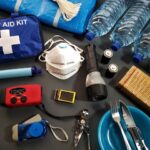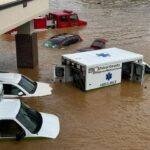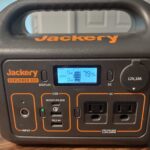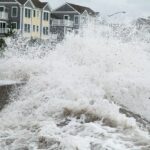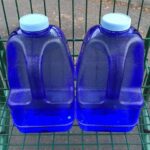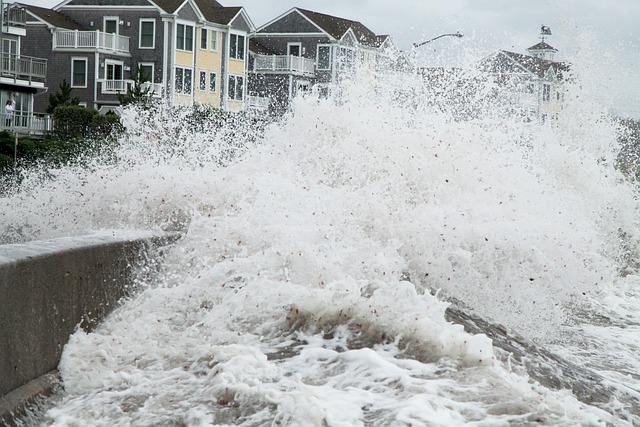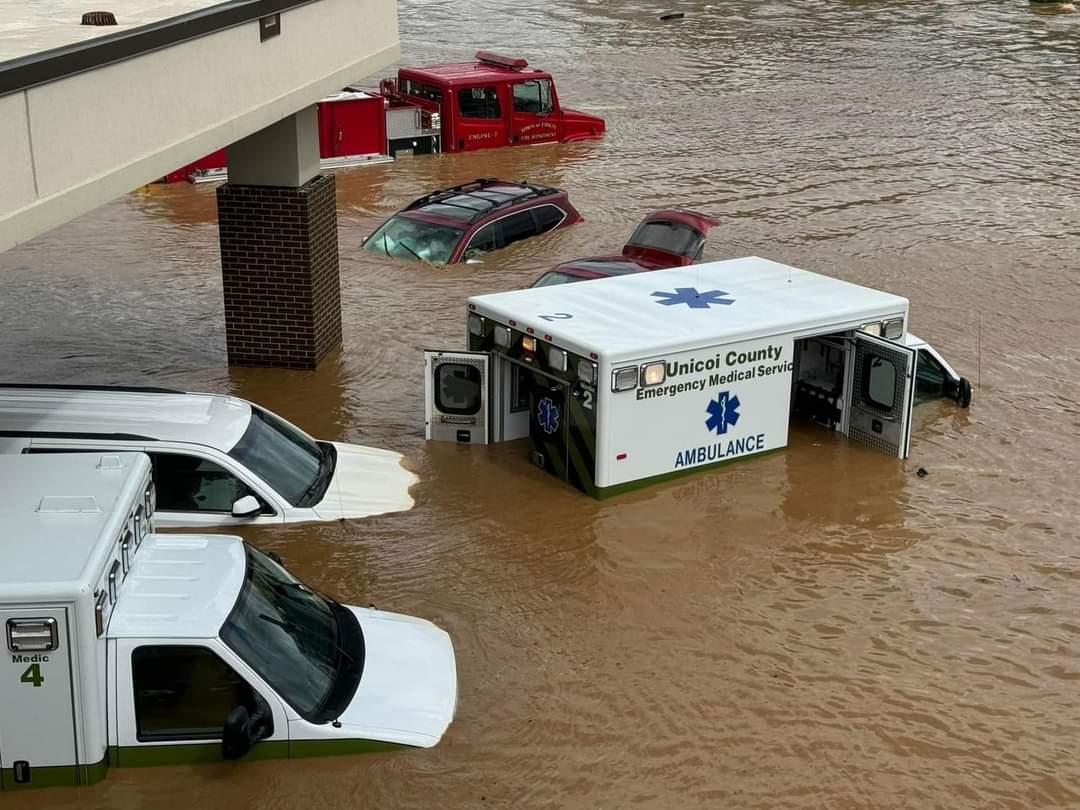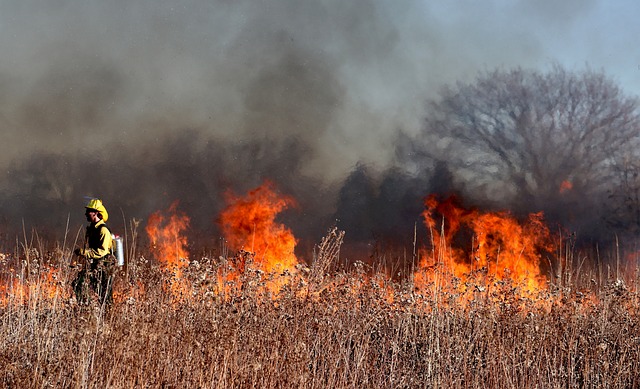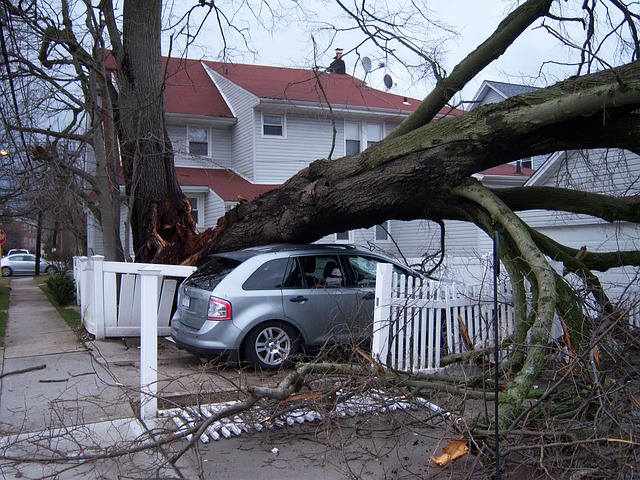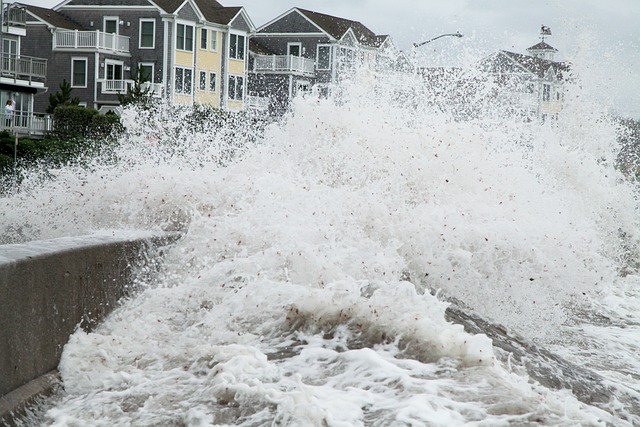
Problem: Hurricane
Scope: Local, Regional
Impact: Minor, Major (Depending on severity)
Dangers (not limited to): Personal Injury/Death, Minor Property Damage, Catastrophic Damage/Building Collapse, Utilities Interruption, Flooding
Preps (not limited to): Plan, Insurance, Food and Water Storage, First Aid, Backup Power Source, Inflatable Boat
Hurricanes are one of the most devastating natural disasters that can hit an area. The high winds, heavy rain, storm surges, and flooding that accompany hurricanes can cause significant damage to buildings and infrastructure, as well as posing a significant threat to human life. For those who live in areas prone to hurricanes, being prepared can make all the difference when it comes to staying safe and minimizing damage. In this blog, we will discuss the dangers of hurricanes and how to prepare for one.
Dangers of Hurricanes
Hurricanes are massive tropical storms that can bring about disastrous consequences. The following are some of the dangers associated with hurricanes:
High Winds: Hurricanes can produce winds of up to 155 mph or more. These winds can cause significant damage to buildings, trees, and other structures, as well as creating dangerous flying debris.
Heavy Rain: The amount of rainfall associated with a hurricane can be significant and can lead to flash floods and mudslides, which can cause damage to homes, businesses, and other infrastructure.
Storm Surge: A storm surge is a sudden and significant rise in sea level that can occur when a hurricane makes landfall. This can result in widespread coastal flooding, which can cause significant damage to buildings and infrastructure, as well as putting human life at risk.
Tornados: Tornados are often spawned by hurricanes and can be incredibly destructive. They can cause damage to homes, businesses, and other structures, as well as creating dangerous flying debris.
How to Prepare for a Hurricane
- Have an Emergency Kit: A well-stocked emergency kit is essential in preparing for a hurricane. It should include food, water, medications, batteries, flashlights, first aid supplies, and other essential items that can help you and your family survive in the aftermath of a hurricane.
- Prepare Your Home: If you live in an area that is prone to hurricanes, it is essential to make sure that your home is as secure as possible. This may involve installing shutters or other protective measures to prevent damage from high winds and flying debris. It is also a good idea to trim trees and secure any outdoor furniture that could become airborne in high winds.
- Evacuate if Necessary: If you live in a low-lying area or near the coast, you may need to evacuate when a hurricane is approaching. It is essential to have a plan in place for how you will evacuate, where you will go, and what you will bring with you.
- Stay Informed: Staying informed about the progress of a hurricane is critical in preparing for one. Make sure to stay up-to-date with the latest weather forecasts and evacuation orders.
- Protect Your Documents: Make sure to keep important documents such as passports, insurance policies, and other vital records in a waterproof container or safe place.
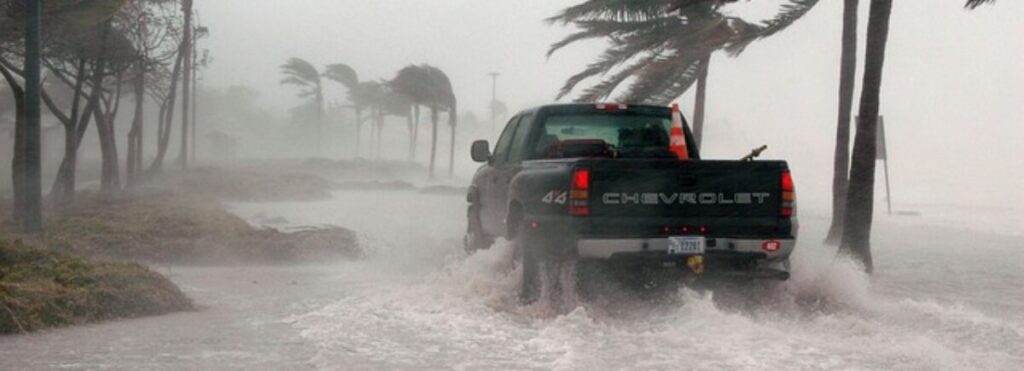
Hurricane Emergency Kit
A well-stocked hurricane emergency kit is essential for any household in areas prone to hurricanes. It should contain all the necessary supplies to ensure the safety and comfort of your family during and after a hurricane. Here are some essential items that should be included in a hurricane emergency kit:
- Water: Store at least one gallon of water per person per day for a minimum of three days. You may also consider including a water filter or purification tablets in case you run out of bottled water.
- Food: The kit should contain enough non-perishable food items to last each member of the household for at least three days. Non-perishable food items such as canned goods, energy bars, and dried fruits should be stored. Make sure to have a manual can opener on hand.
- Medications: Prescription medications, over-the-counter medications, and first aid supplies such as bandages, gauze, and antiseptic solutions should be kept in a waterproof container.
- Personal Hygiene items: Items such as soap, toothpaste, and toilet paper should be included in the kit. Wet wipes and hand sanitizer are also useful items to have on hand.
- Lighting: Keep flashlights with extra batteries or rechargeable batteries, headlamps, and glow sticks or lanterns in case of power outages.
- Communication: Have a battery-powered or hand-crank radio and a spare mobile solar phone charger to stay connected.
- Important documents: Keep important documents in a waterproof container, including identification, passports, insurance policies, and important contact numbers.
- Cash: Keep some cash on hand, in case of power outages or ATM closures.
- Clothing: Pack appropriate clothing for all family members, including sturdy shoes, rain gear, and warm layers.
- Tools and supplies: Include items such as a multipurpose tool, duct tape, and plastic sheeting to make quick repairs.
- Emergency shelter items: If evacuation is necessary, the kit should include items such as sleeping bags, blankets, and pillows.
- Inflatable Boat: This one is an extra item that many people don’t have or even think of. If the dam breaks or the levees fail, you could be underwater. Avoid walking through unknown water by loading your women, children, elderly into a lightweight boat that you can inflate without electricity.
- Backup power source: Consider purchasing a gasoline generator, or a Jackery and solar panels to provide backup power during an outage.
It’s important to check and update your emergency kit annually, ensuring all items are in good condition, and replacing any expired supplies.
In conclusion, hurricanes can be incredibly destructive and pose a significant threat to human life. However, by being prepared and taking steps to protect yourself, your family, and your home, you can minimize the impact of a hurricane and stay safe during and after the storm. Remember to have an emergency kit, prepare your home, evacuate if necessary, stay informed, and protect your documents. By doing so, you can increase your chances of staying safe and weathering the storm.
It is our mission to educate, equip, and empower ordinary civilians to understand, prepare for, and survive any emergency they face. We cannot rely on the government to take care of us. We must take it upon ourselves to provide for and protect ourselves and our families.
Note: I am an affiliate with Amazon and may receive a commission from products purchased from Amazon. This helps me continue to put out emergency preparedness information for you.
